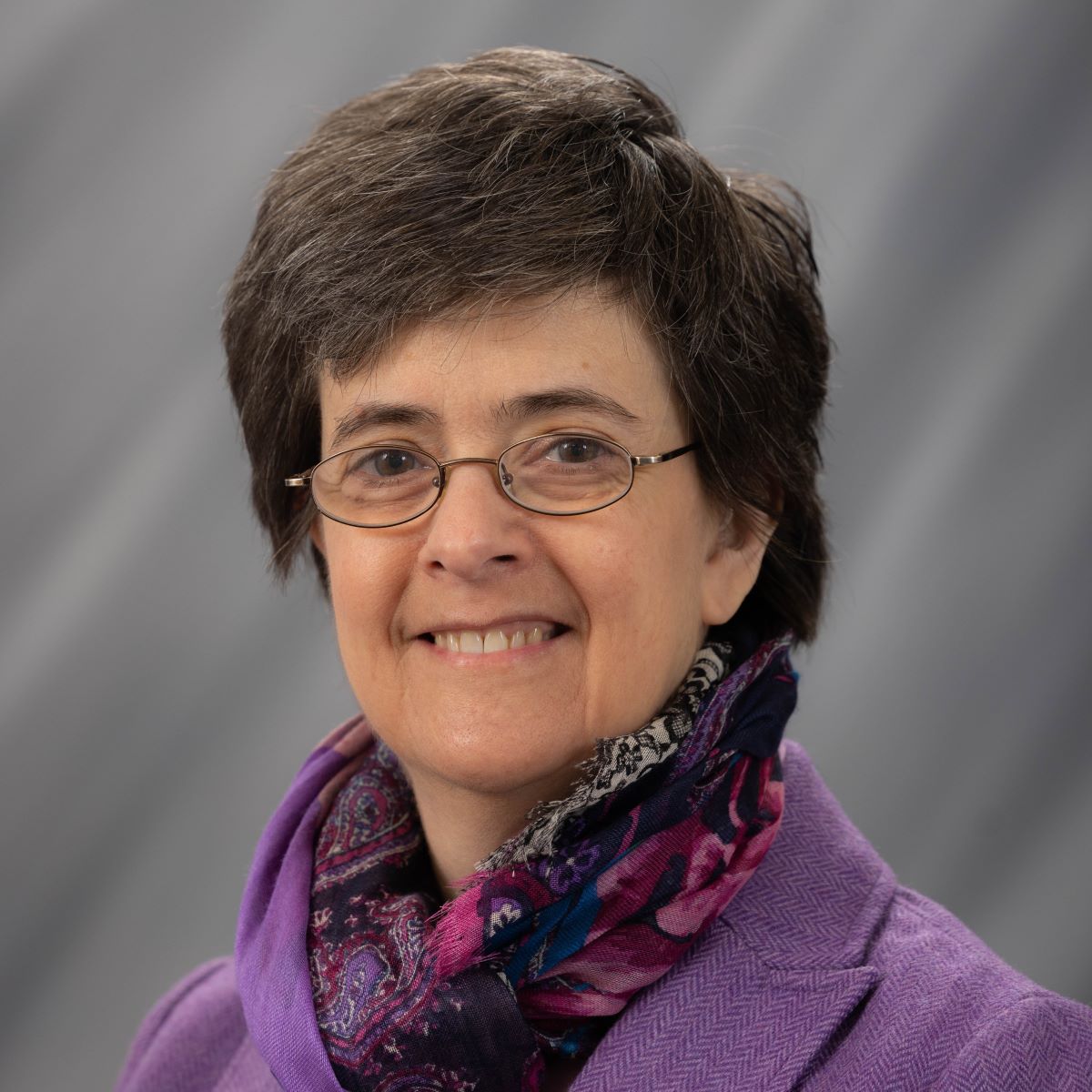Dawn Mollenkopf, PhD
Averyle Westphal Ehrle Professor of Early Childhood Education

SEC 510
Directory Contact
Dawn Mollenkopf, PhD
Averyle Westphal Ehrle Professor of Early Childhood Education
Dawn Mollenkopf holds the inaugural Averyle Westphal Ehrle Professorship of Early Childhood Education and is coordinator of the Early Childhood area in the Department of Literacy, Early Childhood, and Special Education. Prior to coming to UNI, Dawn taught 21 years at the University of Nebraska at Kearney where she started their in-person and online Early Childhood Unified Endorsement BAED program pathways and created the Early Childhood specialization in the Curriculum and Instruction Master's program. Now in her second year at UNI, she is working to strengthen and grow the Early Childhood Inclusive Education program and revise and strengthen the MAE in Early Childhood Education. She currently serves on UNI’s Teacher Education and University Faculty Senates, and is on Iowa’s Child Development Coordinating Council.
- PhD, Special Education Policy Integration; Emphasis, Early Childhood Education; Minor: Social Work; University of Kansas
- MS, Special Education, Cross-Categorial Disabilities--K-12, University of Oregon
- BA, Elementary Education, English, Andrews University
- ELEMECML 4124/5124 Infant Toddler Curriculum and Early Intervention
- SPED 4192/5192 Experience in Special Education: 0-3
- SPED 4148/ 5148 Assessment of Young Children and Families with Exceptionalities
- ELEMECML 4151/5153 Early Childhood Curriculum Development and Organization
- ELEMECML 4162/5162 Administration and Advocacy of Early Childhood Programs
- ELEMECML 6221 Analysis and Design of Curriculum for Young Children
- Early Childhood Teacher Education
- Education Policy
- Course Delivery/Online Methodologies
- Post-Secondary Education
- Johnson, V., Kazemi, S. Torquati, J. Hong, S., Yunes-Koch, A., Mollenkopf, D., & Miller, J. (2025) A Collaborative Approach to Designing a Unified Competency Framework for Early Childhood Educator Preparation and Workforce Equity, (2)2, 1-31. Competency-Based Education Research Journal.
- Mollenkopf, D., Cepero, J., Lewis, J., Irwin, B. & Joy, J. (2021). Testing, identifying, and serving gifted children with and without disabilities. A multi-state parental perspective. Gifted Child Today, 44(2),83-92. https://doi.org/10.1177/1076217520986589
- Mollenkopf, D., Gaskill, M., Nelson, R., & Diaz, C. (2020). Navigating a “new normal” during the COVID-19 pandemic: College student perspectives of the shift to remote learning. International Journal of Technologies in Higher Education, 17(2), 67-79.
- Book Chapters:
Nelson, R.M., Mollenkopf, D., & Gaskill, M. (2021). The four pillars of digitally infused education: Transcending modalities in a post-COVID learning environment. In R.E. Ferdig & K.E. Pytash (Eds.), What Teacher Educators Should Have Learned From 2020 (pp.79-89). Association for the Advancement of Computing in Education AACE: https://www.learntechlib.org/p/219088/ - Mollenkopf, D. & Gaskill, M. (2021). Empowering early childhood teachers for program completion through the integration of technology. In Jade Burris, Dina Rosen,Donna Karno (Ed). Empowering Early Childhood Educators with Technology (pp. 185-204). IGI Global.
- Awards:
2023 UNK: Pratt-Heins Award for Teaching
2022 NU System: NAECR Policy Fellow
2018 UNK: The David Stevenson Faculty Senate Distinguished Service Award
